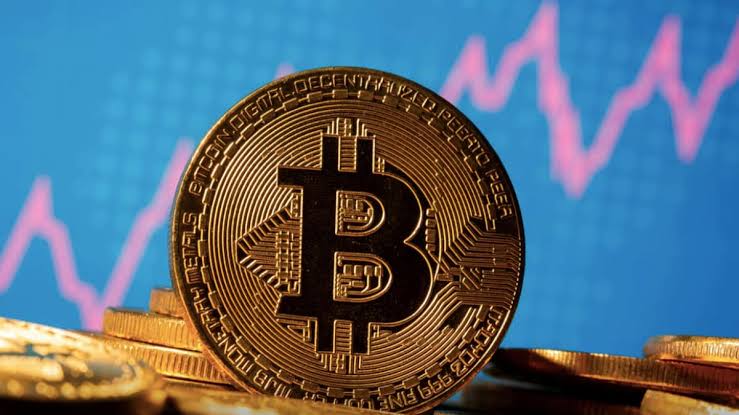 Image Source: India Today
Image Source: India Today
India’s crypto world continues to hum beneath the glare of ambiguous regulations and regulatory “shadow bans,” yet 2025 has witnessed a pivotal shift. Recent announcements and developments show high-net-worth individuals (HNIs), young investors from emerging cities, and institutional players are gravitating toward Bitcoin and other digital assets—primarily using P2P platforms that sidestep traditional banking hurdles.
Key Highlights:
Surge in Wealthy and Institutional Investors: P2P Bitcoin trading now attracts both HNIs and family offices, with exchanges like CoinDCX reporting 50% of volume from this segment. Average monthly trading volumes exceed ₹275 crore—testament to crypto’s allure even amidst regulatory flux.
Legal Yet Paradoxical Status: Bitcoin is legal to own and trade in India but remains outside the framework of “legal tender.” The government levies a steep 30% tax on crypto profits and 1% TDS on transactions, signaling acceptance but heavy regulation.
Regulatory Crackdown on P2P: With the new VDA (Virtual Digital Asset) framework, unregistered P2P transactions face scrutiny. Bank account freezes are increasingly common when P2P is detected, as regulators link such activity to fraud risks. However, platforms with FIU-IND (Financial Intelligence Unit - India) registration now see far smoother INR on/off ramps and growing bank cooperation.
Rising Use Among Young Indians and Non-Metro Cities: As job growth stalls and traditional investments underperform, youth and small-town investors are embracing crypto, using P2P as an entry point for direct, untaxed exposure—fueling a fresh digital gold rush.
Security and Compliance Drive Platform Evolution: Platforms now offer advanced two-factor authentication, cold storage, and user-friendly interfaces, seeking to build trust in a riskier regulatory climate.
While India’s regulatory pendulum swings, P2P Bitcoin quietly anchors a growing digital economy—cautious, innovative, and increasingly mainstream.
Source: Economic Times, KYC Hub, Chambers & Partners, CoinDCX, Finlaw.
Advertisement
Advertisement




